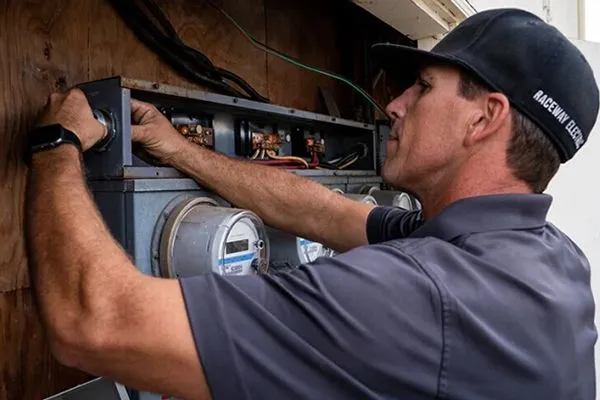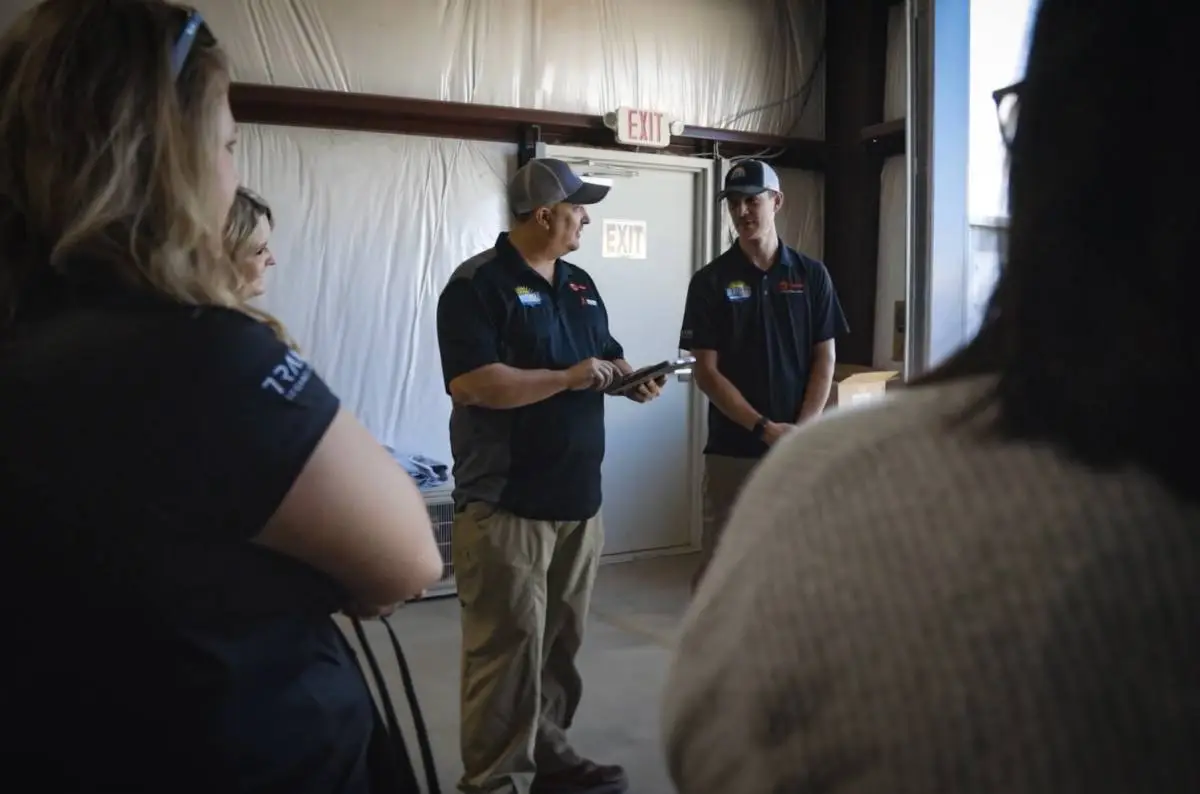
Plumbing Estimate Sample
The estimate you turn into a customer may appear simple, but there are a lot of decisions that go into it, like how much to mark up materials and factoring in overhead expenses.
An estimating spreadsheet can help you pull everything together and create more precise cost estimates to present to your customers. It’s not necessarily what you show the customer (they don’t need to see everything).
An estimate spreadsheet might include:
- A breakdown of the materials and their costs
- Labor costs
- Markup costs (for overhead and profit)
- Permits and other miscellaneous job costs
- Warranty reserve
- Sales Tax
- Discounts being offered
Alternatively, a customer-facing estimate might include:
- Contact information
- Project summary
- Total labor and materials costs (some plumbers include this, some leave it out)
- Total cost
- Permits needed
- Your insurance and license information
- Guarantee of work
In this piece we’ll cover the more complicated components of an estimating spreadsheet in more detail and link to a template you can use as a starting point.
The Components of an Estimate Spreadsheet
1. A Breakdown of Labor and Supply Costs
Your supplies should have their own markup value, in addition to the overall job markup costs. Often smaller parts have a higher markup value than larger pieces of equipment.
How you factor your labor costs will depend on whether you’re using a flat rate vs hourly pricing structure, as well as how you’re paying your team. A common mistake is to leave out sales commissions or team bonuses in the labor costs. Make sure everything is accounted for.
If you’re a newer business and curious how your pricing stacks up against industry standards, the 2021 National Plumbing and HVAC Estimator Book is a good place to start. It offers common “man-hours, labor and material costs for all common plumbing and HVAC work in residential, commercial, and industrial buildings.” There are also tons of online resources you can use to build out your pricing sheets.
2. Factoring Your Markup Percentage
One common issue that plumbing businesses run into when quoting jobs is guestimating what their overhead costs are, perhaps using an industry-standard number or even last year’s number. Even being a couple of percentages points off can mean losing money on a big job. You’ll always want to keep track of your overhead costs from month to month or at least quarter to quarter and make sure that they’re accurately portrayed in each estimate you do.
Another common issue is not including both overhead and profit in your markup calculations. Some plumbers will include markup costs into their hourly labor rate. Others include it as a percentage after the fact. Either way, don’t forget to include your desired profit margin in the estimate to make sure you actually end up making a profit.
Using specialized plumbing flat rate software can assist you in accurately factoring these costs into your pricing strategies
3. Discounts Offered
If you’re going to offer the customer any discounts, make sure you factor these in. You’ll also want to make sure that you keep the estimate above your break-even point or profit margin goal.
4. Other Costs to Consider
The full cost of any plumbing work is more than just supplies and labor. Don’t forget to factor in these items as potential costs with average or actual fees:
- Permit costs
- On-site dumpster and cleanup costs
- Existing code violation fixes
- Protection of homeowner’s other property
- Subcontractor costs (if job requires additional specialized help from electricians, general contractors, etc)
Free Spreadsheet Template
Whether or not you’re ready to try out estimating software, we’ve created a basic estimating worksheet that provides a general breakdown of the costs per category that you can use for your own business. You can download the Microsoft Excel spreadsheet here.
Plumbing Job Estimating Spreadsheet
What are other ways I can improve my plumbing business?
Looking for even more ways to improve your plumbing business? You may want to consider CRM for plumbers to manage customer information and sales data. What’s CRM? It’s a tool to keep tabs on different job opportunities, open estimates, and repeat customers. It’s an excellent way to keep track of information and leads in one place so nothing falls through the cracks.
If you need a better way to manage your team members while they’re out in the field, you can use Housecall Pro’s service tech management software. This feature allows you to dispatch members based on job proximity, send notifications to both team members, create checklists, and generate sales proposals among other helpful functions. Whatever you need for your plumbing business, Housecall Pro is the answer if you’re ready to take your company to the next level.







